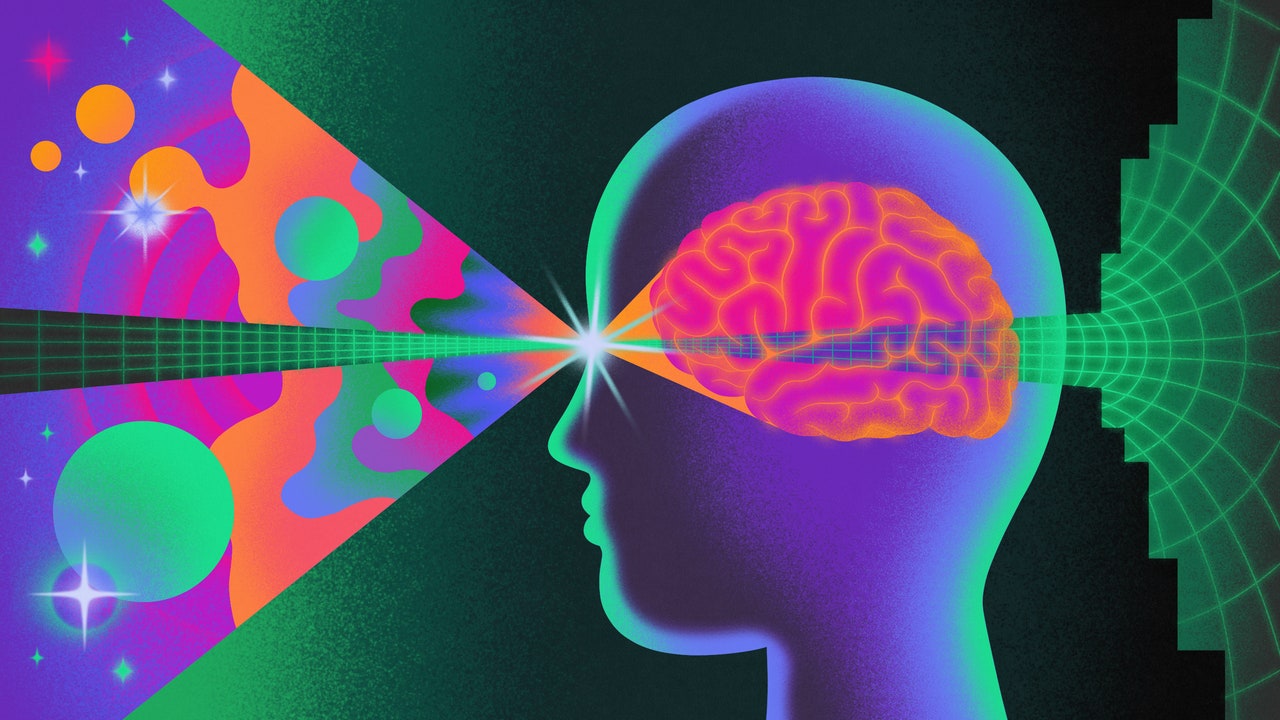An MIT experiment involving over fifty students explored the impact of using different resources while writing SAT-style essays. Students were divided into three groups: one wrote solely from memory, another used Google, and the last utilized ChatGPT, an AI language model. The study found that ChatGPT users exhibited significantly lower brain activity, indicating reduced cognitive engagement and creativity. Many felt little ownership of their essays and produced homogenized texts, often echoing similar ideas. For instance, they repeatedly emphasized career success and favored philanthropic arguments compared to the diverse perspectives seen in other groups. This trend aligns with findings from a Cornell study that revealed AI-driven writing led to cultural homogenization, mostly leaning towards Western norms. Critics argue that reliance on AI could weaken individual creativity and originality, leading users towards conformity rather than unique expression. Overall, these studies raise concerns about the long-term cognitive costs and pervasive influence of AI on human thought and creativity.
Source link

Share
Read more